by Christ Company | Dec 26, 2015 | Doctrine
Why I Disagree With All Five Points Of Calvinism
By Curtis Hutson
The term “Calvinism” is loosely used by some people who do not hold Calvin’s teaching on predestination and do not understand exactly what Calvin taught. Dr. Loraine Boettner in his book, THE REFORMED DOCTRINE OF PREDESTINATION, says: “The Calvinistic system especially emphasizes five distinct doctrines. These are known as ‘The Five Points of Calvinism.’ And they are the main pillars upon which the superstructure rest.” Dr Boettner further says: “The five points may be more easily remembered if they are associated with the word T-U-L-I-P; T, Total Inability; U, Unconditional Election; L, Limited Atonement; I, Irresistible (efficacious) Grace; and P, Perseverance of the Saints.” These are the five points of Calvinism. I have heard preachers say, “I am a one-point Calvinist.” I have heard others say, “I am a two- or three-point Calvinist.” I want us to look at all five points of Calvinism as taught by John Calvin, then see what the Bible has to say on each point.
(more…)


by Christ Company | Nov 5, 2015 | Doctrine
THE NEW BIRTH EXPLAINEDThe Born Again Teaching
By Miles J. Stanford The Issue My desire is that you will find this information written to you, personally, and that it will prove to be a helpful explanation of the new birth. Throughout this web page, supporting quotations from the Bible (King James Version) are shown in purple text. Come along then, and within the next few screens you should know whether or not this is for you. Let’s first consider some real-life examples so that you may determine just where you stand in this regard. (more…)

by Christ Company | Nov 2, 2015 | Doctrine
The Doctrinal Statement
The Scriptures
We believe all Scripture, Old and New Testament, is inspired by God. This refers to the original autographs as written by the prophets and apostles. Thus, the Bible is inerrant and without mistakes in the original words. We believe all Scripture points to the Lord Jesus Christ and reveals the mind of God to man, and the only way of Salvation through Christ. The Scriptures also are the only guide for our practical moral and spiritual instruction.
(Mark 12:26, 36; 13:11; Luke 24:27, 44; John 5:39; Acts 1:16; 17:2-3; 18:28; 26:22-23; 28:23; Rom. 15:4; 1 Cor. 2:13; 10:11; 2 Tim. 3:16; 2 Pet. 1:21)
(more…)

by Christ Company | Nov 1, 2015 | Doctrine
OUR HISTORY IN THE FIRST ADAM
Miles J. Stanford
In this opening chapter we will trace our history in relation to the first Adam: the ruin we received from Adam by inheritance, and the remedy we received from God by the Cross. We cannot become what we already are in Christ, until we know what we were in Adam. Therefore it is important that we personalize the facts: this is my history!
Everything in Adam is the ground of sin and death; everything in the Lord Jesus is the ground of growth and life. Our responsibility is to keep off the old ground, and to live on the new ground–our position in Christ.
(more…)

by Christ Company | Oct 23, 2015 | Doctrine
Our History in The Last Adam
Our history in the Last Adam, our risen Lord Jesus, begins on the only basis for resurrection life–death. Our relationship to the first Adam rendered us dead in sin, but our death with Christ made us dead unto (in relation to) sin–the one condition for newness of life.
(more…)

by Christ Company | Oct 23, 2015 | Doctrine
WHAT IS THE RELATIONSHIP OF THE CHURCH TO THE NEW COVENANT?
INTRODUCTION
Exposition of the New Covenant and its relationship to the church has traditionally proven to be a “sore spot” for dispensational interpreters. Because dispensationalism has all too frequently emphasized Scripture’s discontinuity at the expense of its continuity, dispensationalists have often had difficulty explaining the New Testament verses that seemingly apply Israel’s New Covenant to the church age. This paper will attempt to demonstrate how the New Covenant relates to the church in a way that maintains the continuity as well as the discontinuity between God’s programs for Israel and the church. In pursuance of this end, the following three areas will be explored: the Old Testament’s presentation of the New Covenant, what the New Testament presents regarding the New Covenant’s ratification and relation to the church, and inadequate views some interpreters have offered concerning how the New Covenant relates to the church.
(more…)






Recent Comments